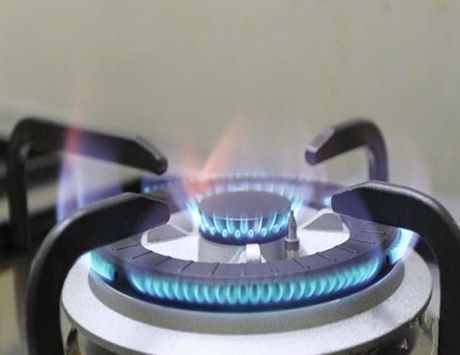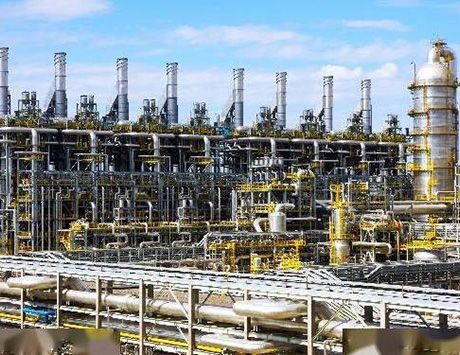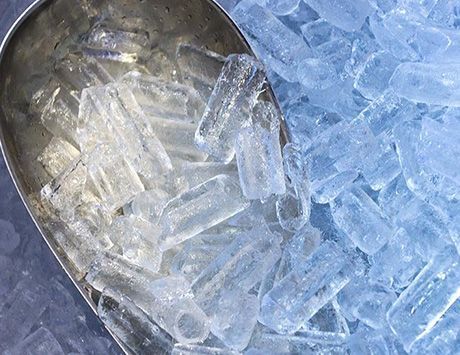| CAS NO | 74-98-6 |
| UN NO | 1075 |
| EINECS NO | 200-827-9 |
| Molecular weight | 44.096 |
| Appearance | Colorless, Ordeless |
| Melting point | -187.6 ℃ |
| Boiling point | -42.1 ℃ |
| Density | 493 kg/m³ |
| DOT Class | 2.1 |
| Label | Flammable Gas |
Propane is an organic compound. It is a colorless and odorless gas with stable chemical properties and is not easy to undergo chemical reactions. It is often used as a refrigerant, a fuel for internal combustion engines or a raw material for organic synthesis. Propane, a versatile and clean-burning fuel, is widely used for residential heating and cooking, water heating, and drying clothes. It is also essential in industrial applications such as powering forklifts and fleet vehicles, heating processes, and welding. In agriculture, propane is used for crop drying and greenhouse heating. Additionally, it is popular for recreational purposes like camping, boating, and RVs, and for generating emergency power in standby generators.
High Energy Density:
Propane has a high energy content, providing more energy per unit volume compared to other gaseous fuels, making it efficient for various industrial applications.
Clean Burning:
Propane burns cleanly, producing fewer pollutants and greenhouse gases compared to many other fossil fuels. This makes it an environmentally friendly option.
Versatility:
Propane can be used in a wide range of applications, from heating and cooking to industrial processes and transportation.
Portability:
Propane is easily transported and stored in portable cylinders, making it suitable for use in remote or mobile applications.
Safety:
While propane is flammable, it is non-toxic and does not contaminate soil or groundwater. Proper handling and storage practices ensure safety.
Economic Efficiency:
Propane is generally more cost-effective than electricity for many applications, especially in areas where natural gas is not available.
Reliability:
Propane systems are reliable and can operate independently of the electrical grid, making them ideal for backup power and remote locations.

Fuel

Raw material for cracking to produce ethylene

Refrigerant gas
99.5% C3H8 Industrial Grade
| Specification | ≥ 99.5% |
| C4 & C4+ | ≤ 0.5% |
| C3+C4 | ≤ 0.05% |
| C6 & C6+ | ≤ 100 ppm |
| Evaporation residue | ≤ 0.05% |
| Sulfur | ≤ 10 ppm |
| Carbon Dioxide | ≤ 50 ppm |
| Moisture | ≤ 20 ppm |
*Other Grades and Purity Available on Asking
Package Information
| Cylinder Specifications | Contents | |
| Cylinder Capacity | Valve | Weight |
| 47L | CGA350 | 19 kgs |
| 118L | BWF-1 | 45 kgs |
| 926L | BWF-1 | 375 kgs |
| ISO TANK | 10 Tons | |
*Other Packages Available on Asking
Advantanges
More than fifteen years on the market.
ISO certificate manufacturer & Stable raw material source.
On-line analysis system for gas quality control in every step, highly close to 100% pass rate.
Experienced DG International Shipping Team by sea & air.